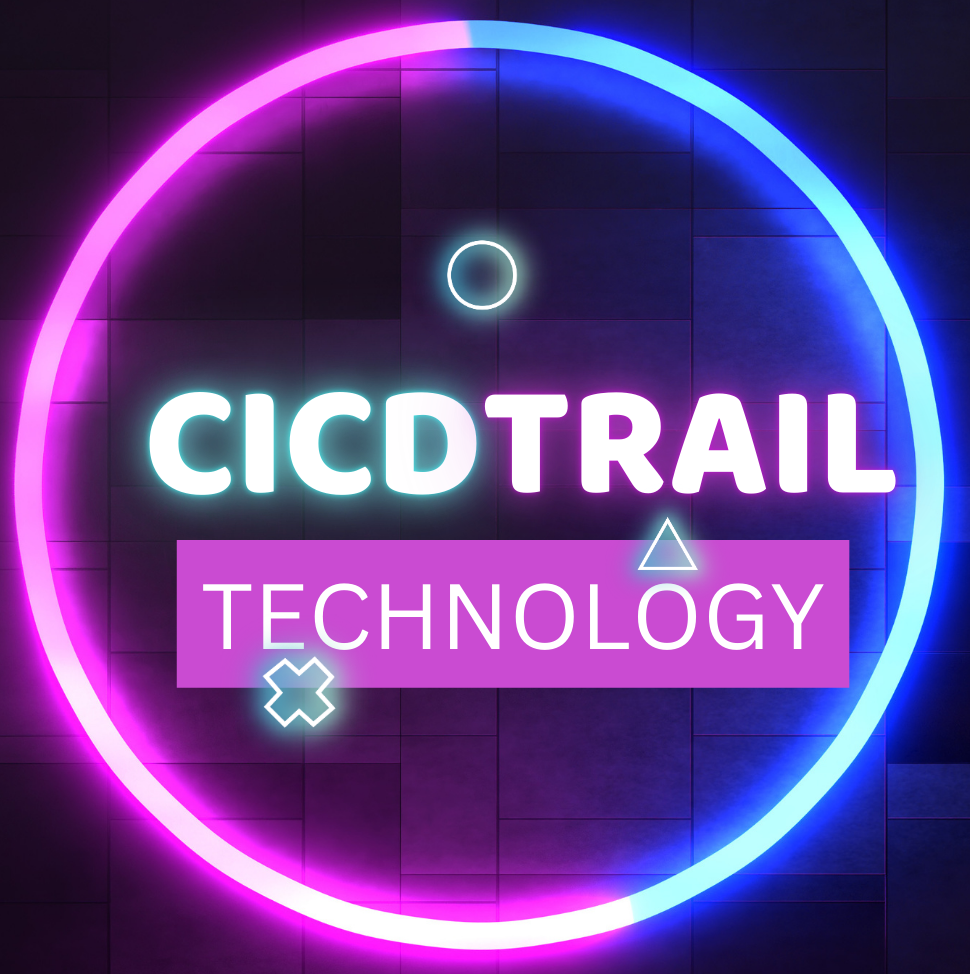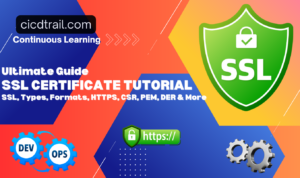Python in one day is a challenging but possible goal if you focus on the essentials and keep expectations realistic. The key is to grasp the basics and get hands-on practice. Here’s a streamlined plan to help you cover fundamentals and learn Python in just one day:
1. Learn Python – Start with Basic Python Syntax (1-2 hours)
Get familiar with Python’s syntax and structure. Python is known for being easy to read, so this section should be relatively quick to grasp.
Key topics:
- Variables & Data Types: int, float, str, list, dict, tuple, etc.
- Basic Operators: Arithmetic (+, –, *, /), comparison, logical operators.
- Control Flow: if, else, elif.
- Loops: for, while.
- Functions: def keyword, function arguments, return values.
Useful Resources:
- Official Python Tutorial: Section 3
- Quick guides: W3Schools Python Syntax
2. Hands-On Practice with Python Fundamentals (2-3 hours)
Once you’re familiar with the syntax, try implementing basic Python exercises to reinforce learning.
Exercises:
- Write a program to print the first 10 numbers in a list.
- Create a function that takes two numbers and returns their sum.
- Write a program to find the largest number in a list.
Useful Resources:
- Try solving small problems on HackerRank.
3. Learn About Data Structures (1-2 hours)
Python has built-in data structures that are easy to use and powerful.
Key topics:
- Lists: Ordered collections.
- Dictionaries: Key-value pairs.
- Tuples: Immutable sequences.
- Sets: Unordered collections of unique items.
Practice Ideas:
- Create a shopping list using a list, and perform basic operations like adding/removing items.
- Create a phone book using a dictionary, where names are keys and numbers are values.
Resources:
4. Learn File I/O (1 hour)
Learn how to read from and write to files, a common task in programming.
Key Topics:
- Opening, reading, writing, and closing files using open(), read(), write(), and with.
- Handling file exceptions.
Practice:
- Write a program that reads data from a file and processes it (e.g., counting words or lines).
Resources:
5. Learn About Error Handling (30 minutes)
Understand how to handle exceptions gracefully in Python using try, except, and finally.
Practice:
- Write a program that prompts the user for a number and catches non-integer input.
Resources:
6. Work on a Small Project (2-3 hours)
By this time, you should know enough Python to work on a small project. Building something concrete will reinforce what you’ve learned.
Project Ideas:
- Simple Calculator: Create a calculator that can perform basic arithmetic operations.
- To-Do List: Build a command-line to-do list manager that can add, remove, and display tasks.
- Guess the Number Game: Create a number guessing game where the user tries to guess a randomly generated number.
Resources:
- Python Project Ideas for Beginners
7. Additional Tools (Optional, Time Permitting)
- Virtual Environments: Learn how to create isolated environments using venv.
- Pip: Install packages with pip.
- Basic Libraries: Get familiar with popular Python libraries like requests, math, or random.
Tips for Staying Focused to Leran Python in One Day:
- Use a good IDE: Use an IDE like VS Code or PyCharm to streamline coding.
- Hands-on practice: Try to code while learning instead of just reading or watching tutorials.
- Take breaks: To avoid burnout, take short breaks between sections.
This one-day plan will give you a solid foundation in Python, but learning a language deeply takes time. After this crash course, continue practicing by building more complex projects and studying specific topics in depth!
Dedicated resources with organized course structure to learn python in just one day:
To help you learn Python in one day, I’ll point you to dedicated resources that align with the course structure I mentioned. These resources will cover key areas, provide exercises, and help you understand Python’s fundamentals. Below is an organized list of free and paid resources that can guide you step by step:
1. Basic Python Syntax (1-2 hours)
Free Resources:
- Python.org Official Tutorial (Section 3)
Covers Python’s basic syntax, variables, operators, control flow, and functions. - W3Schools Python Basics
Beginner-friendly tutorials on syntax, data types, and control flow.
Paid Resources:
- Udemy: Python for Beginners (3.5 hours)
This structured course is perfect for absolute beginners and teaches the basics of Python in an easy-to-follow manner.
2. Hands-On Practice (2-3 hours)
Free Resources:
- HackerRank Python 3 Challenges
Offers hands-on Python challenges to reinforce learning, including loops, conditions, and basic data structures. - Real Python Interactive Quiz
Fun and interactive quizzes that allow you to test your understanding of basic Python topics.
Paid Resources:
- Coursera: Python for Everybody
A more comprehensive course with exercises on different Python topics. The first few lessons are useful for learning the basics in a short time.
3. Data Structures (1-2 hours)
Free Resources:
- Official Python Documentation: Data Structures
An in-depth overview of Python’s most useful data structures like lists, dictionaries, tuples, and sets. - Programiz Python Data Structures
Beginner-friendly explanations of common data structures in Python, with examples and explanations.
Paid Resources:
- DataCamp: Python Data Structures
This course covers data structures like lists, dictionaries, and tuples while focusing on Python’s flexibility with data.
4. File I/O (1 hour)
Free Resources:
- Python File Handling Tutorial
Covers file reading, writing, and appending with simple examples. - Python.org File I/O Documentation
The official documentation includes an explanation of handling files, reading/writing operations, and best practices.
Paid Resources:
- Udemy: File Handling in Python
This is a short and affordable course dedicated to file handling, including advanced operations.
5. Error Handling (30 minutes)
Free Resources:
- Official Python Errors and Exceptions Documentation
Learn how to handle errors and exceptions using try/except in Python, complete with examples. - Real Python Guide to Exception Handling
A clear, beginner-friendly guide on handling exceptions.
Paid Resources:
- Coursera: Python for Data Science and AI (Error Handling Module)
The error-handling module explains exceptions in practical scenarios. (Part of a larger course, but useful for this specific topic.)
6. Small Python Projects (2-3 hours)
Free Resources:
- Real Python Beginner Projects
Provides project ideas, including calculators and guessing games, with code and explanations. - FreeCodeCamp Python Projects
A collection of beginner-friendly projects to help solidify your knowledge.
Paid Resources:
- Udemy Python Projects: Build 10 Real World Applications
A project-based course designed for beginners, helping you build functional apps.
7. Additional Tools (Optional, Time Permitting) to Learn Python in One Day:
Free Resources:
- Python Virtual Environments (venv) Docs
Learn how to create isolated environments to manage dependencies easily. - Python Package Installer (pip)
Introduction to pip, the Python package manager, for installing external libraries.
Bonus All-in-One Learning Resources (Crash Courses):
- Real Python Tutorials
This site offers everything from basics to more advanced topics. Follow their step-by-step Python guide for a one-day crash course. - Python Crash Course by FreeCodeCamp (4-hour video)
This YouTube tutorial covers all the essentials of Python in a comprehensive 4-hour crash course. - SoloLearn Python Course
An interactive, bite-sized Python course designed for beginners that you can finish in a day.
Suggested Learning Plan Timeline (Organized by Hours)
- Hour 1-2: Basic Syntax
Focus on syntax, variables, data types, and functions. - Hour 3-5: Hands-on Practice & Data Structures
Work on lists, dictionaries, tuples, sets, and solve coding exercises. - Hour 6: File I/O and Error Handling
Learn file operations and exception handling. - Hour 7-9: Small Projects
Build mini-projects like a calculator or to-do list manager to apply your learning.
With these resources, you should be able to go through an organized, self-paced one-day Python learning experience! Reach out to us if you need to discuss tailored plan to quickly learn python just in one day.




